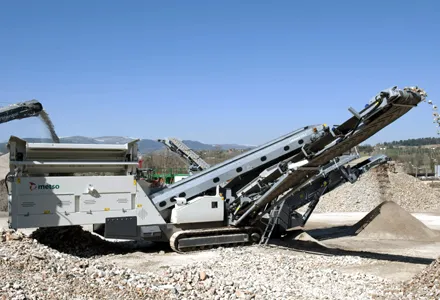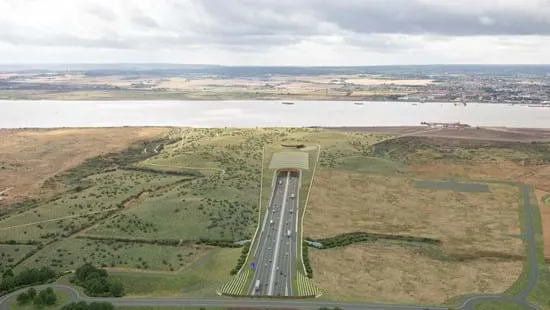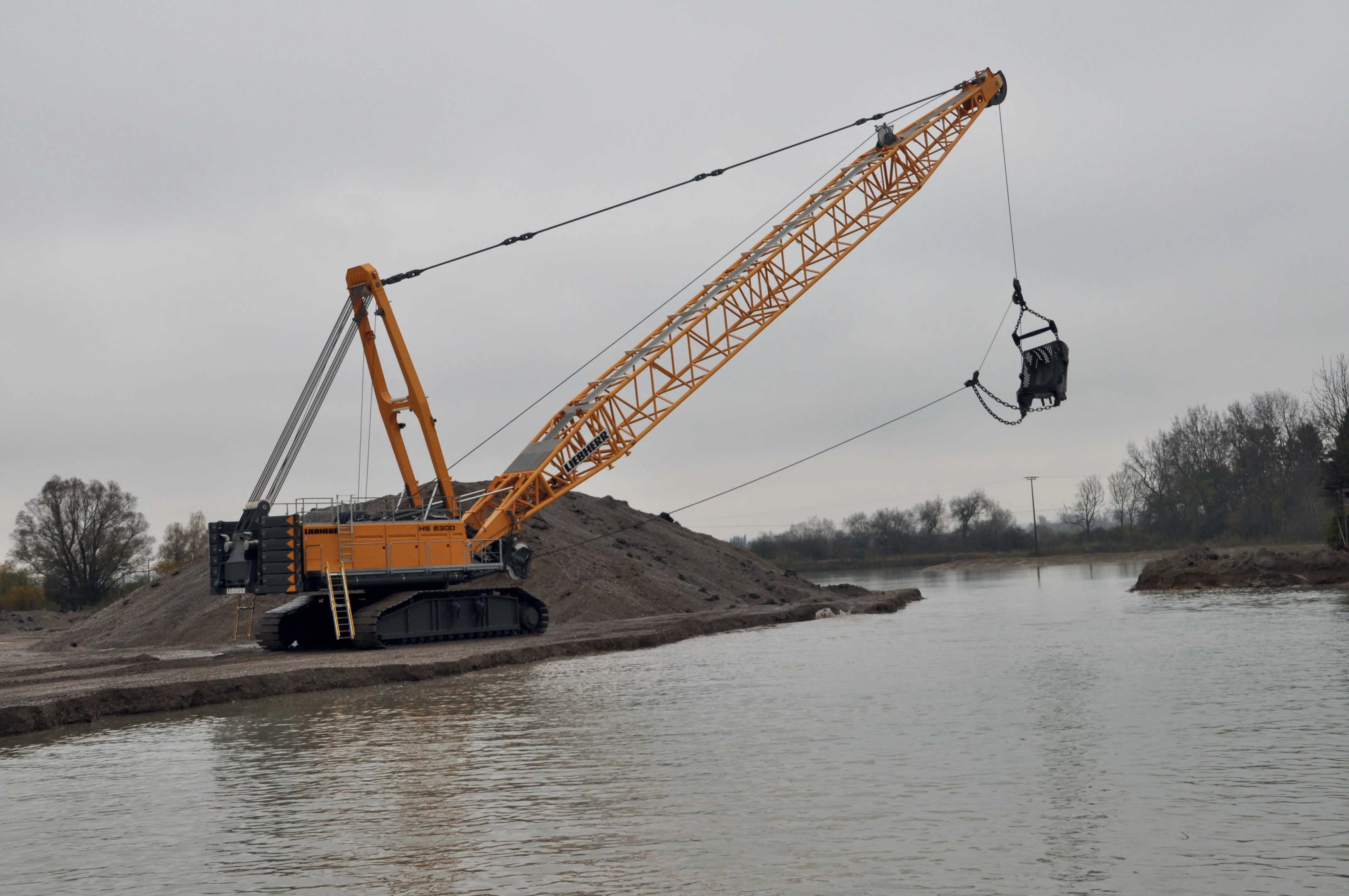Housing is, rightly, the new London Mayor Sadiq Khan’s top priority, says the UK’s Mineral Products Association (MPA).
It points out that delivery of much-needed new housing and infrastructure depends on a steady and adequate supply of construction aggregates and other essential mineral products such as concrete blocks and mortar.
Wharves and rail depots play a key role in this, enabling the sustainable supply of bulk materials by rail and ship, delivering close to the market, significantly reducing t
May 12, 2016
Read time: 3 mins
RSSHousing is, rightly, the new London Mayor Sadiq Khan’s top priority, says the UK’s Mineral Products Association (MPA).
It points out that delivery of much-needed new housing and infrastructure depends on a steady and adequate supply of construction aggregates and other essential mineral products such as concrete blocks and mortar.
Wharves and rail depots play a key role in this, enabling the sustainable supply of bulk materials by rail and ship, delivering close to the market, significantly reducing truck movements, congestion and pollution on city streets.
Marine aggregates (sand and gravel), dredged from the sea bed and transported to market by ship, and imported crushed rock, make an important and growing sustainable contribution to overall supply.
This is recognised in national planning policy that requires aggregate wharves and other mineral infrastructure to be ‘safeguarded’ from other development, to provide for long-term security.
In London alone, in 2014 over 4 million tonnes of marine dredged sand and gravel, and 700,000tonnes of crushed rock, was landed at London wharves, equivalent to over 600 truck loads being delivered via the River Thames every day. Marine dredged sand and gravel contribute one-third of all the aggregates consumed in London.
However, in a number of areas, notably London and along the south coast, the wharves where the materials are landed are under increasing pressure from housing and commercial development.
The MPA has recently raised these concerns with both the outgoing Mayor of London, and Greenwich Council.
In London, the outgoing Mayor’s new plan for the Royal Docks and Beckton proposes housing on or very close to a number of wharf sites, where it is proposed to relocate and consolidate marine aggregate activities.
In Greenwich high density housing has been built adjacent to wharves, with much more planned.
MPA says that housing and aggregate wharves are generally not compatible, as housing will be sensitive to noise generated by 24-hour operations with ships unloading and material being processed when tides allow.
However, relocation of wharves is not straightforward, as they have specific requirements of sufficient water depth, good transport links and space for unloading and processing materials. ‘Consolidation’ may also affect competition and ultimately prices.
Mark Russell, MPA Executive Director of Planning, Mineral Resources & the British Marine Aggregate Producers Association (BMAPA), said: “While the need for new homes is clear, this has to be planned properly so that essential mineral infrastructure needed to underpin long term growth and development aspirations is also protected.
“The MPA has therefore called for the plan for East London to be revisited, to properly provide safeguarding of minerals infrastructure along the Thames river and protect the sustainable, steady and adequate supply of aggregate materials that are required to support the economy and society. This all needs to be joined up with housing and construction ambitions for London.”
It points out that delivery of much-needed new housing and infrastructure depends on a steady and adequate supply of construction aggregates and other essential mineral products such as concrete blocks and mortar.
Wharves and rail depots play a key role in this, enabling the sustainable supply of bulk materials by rail and ship, delivering close to the market, significantly reducing truck movements, congestion and pollution on city streets.
Marine aggregates (sand and gravel), dredged from the sea bed and transported to market by ship, and imported crushed rock, make an important and growing sustainable contribution to overall supply.
This is recognised in national planning policy that requires aggregate wharves and other mineral infrastructure to be ‘safeguarded’ from other development, to provide for long-term security.
In London alone, in 2014 over 4 million tonnes of marine dredged sand and gravel, and 700,000tonnes of crushed rock, was landed at London wharves, equivalent to over 600 truck loads being delivered via the River Thames every day. Marine dredged sand and gravel contribute one-third of all the aggregates consumed in London.
However, in a number of areas, notably London and along the south coast, the wharves where the materials are landed are under increasing pressure from housing and commercial development.
The MPA has recently raised these concerns with both the outgoing Mayor of London, and Greenwich Council.
In London, the outgoing Mayor’s new plan for the Royal Docks and Beckton proposes housing on or very close to a number of wharf sites, where it is proposed to relocate and consolidate marine aggregate activities.
In Greenwich high density housing has been built adjacent to wharves, with much more planned.
MPA says that housing and aggregate wharves are generally not compatible, as housing will be sensitive to noise generated by 24-hour operations with ships unloading and material being processed when tides allow.
However, relocation of wharves is not straightforward, as they have specific requirements of sufficient water depth, good transport links and space for unloading and processing materials. ‘Consolidation’ may also affect competition and ultimately prices.
Mark Russell, MPA Executive Director of Planning, Mineral Resources & the British Marine Aggregate Producers Association (BMAPA), said: “While the need for new homes is clear, this has to be planned properly so that essential mineral infrastructure needed to underpin long term growth and development aspirations is also protected.
“The MPA has therefore called for the plan for East London to be revisited, to properly provide safeguarding of minerals infrastructure along the Thames river and protect the sustainable, steady and adequate supply of aggregate materials that are required to support the economy and society. This all needs to be joined up with housing and construction ambitions for London.”









